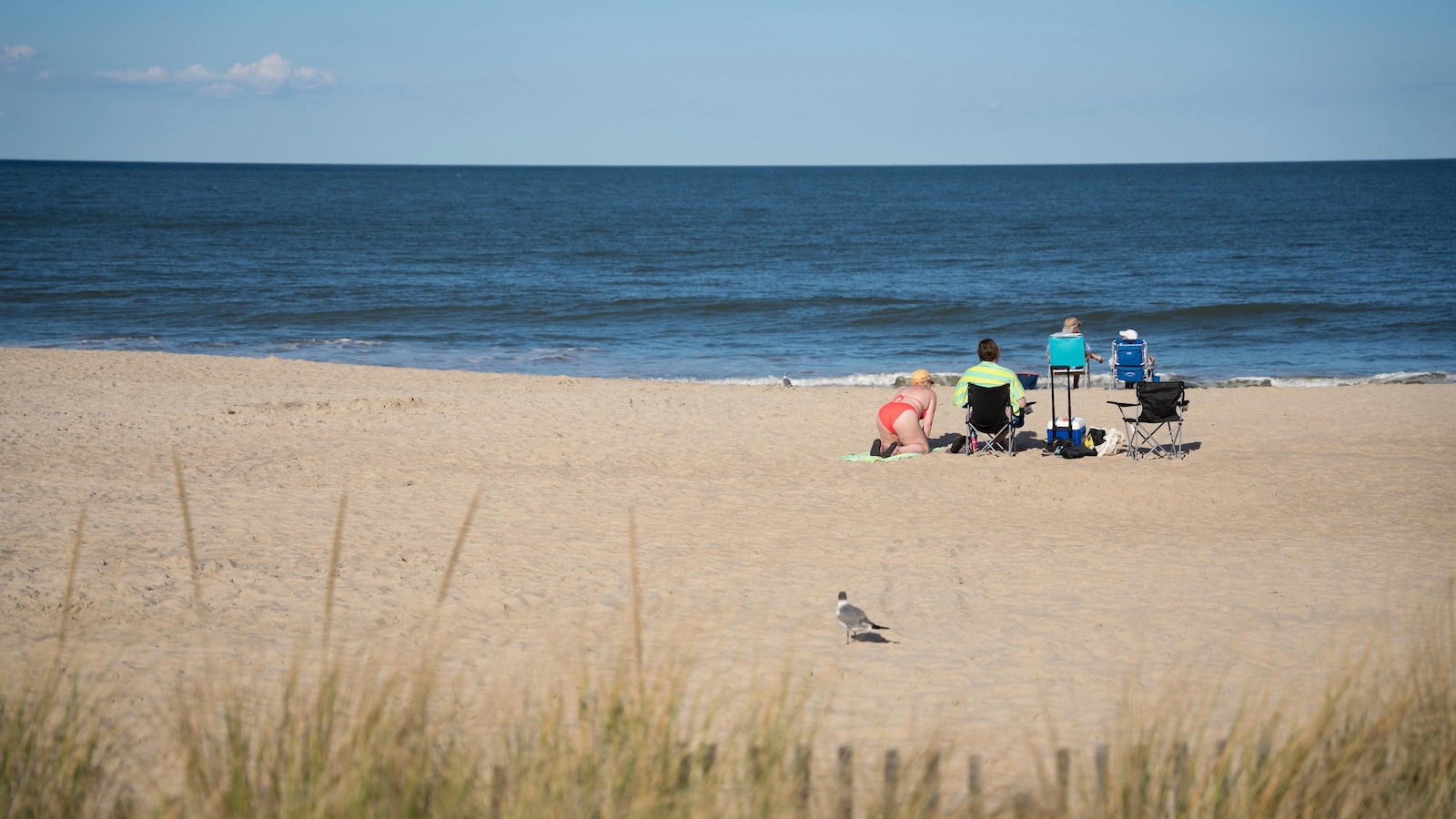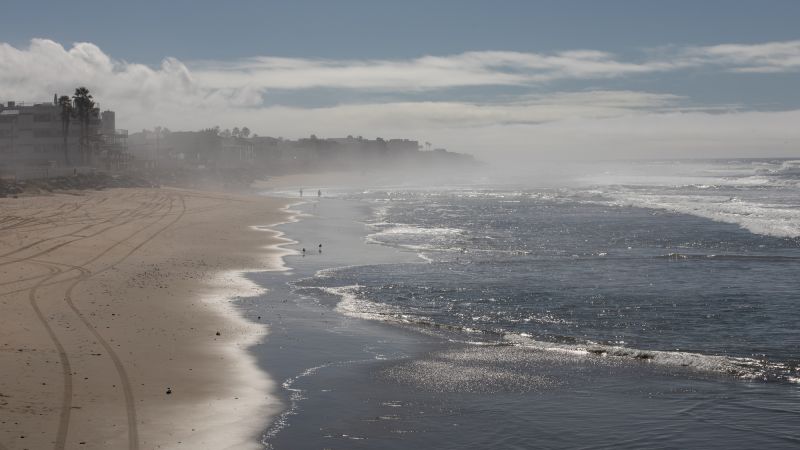US Beaches Face Widespread Fecal Contamination, Prompting Health Warnings
Beaches across the US coastline, from Florida to Maine, are under advisories due to elevated fecal bacteria levels, making swimming unsafe and posing health risks.
Subscribe to unlock this story
We really don't like cutting you off, but you've reached your monthly limit. At just $5/month, subscriptions are how we keep this project going. Start your free 7-day trial today!
Get StartedHave an account? Sign in
Overview
- Beaches along the US coastline, spanning from Crystal River, Florida, to Ogunquit, Maine, are currently under advisories due to elevated levels of bacteria associated with fecal waste.
- Nearly two-thirds of beaches nationwide in 2024 have recorded fecal contamination levels reaching potentially unsafe thresholds, leading to closures and health warnings.
- Over 450 US beaches have been deemed potentially unsafe for swimming on at least 25 percent of tested days due to persistent fecal contamination.
- Outdated water and sewer infrastructure, coupled with increasingly severe weather and suburban sprawl, are overwhelming systems and causing this widespread fecal contamination.
- Swimming in these bacteria-contaminated waters is not advised due to significant risks of gastrointestinal illnesses, skin rashes, and various infections.
Report issue

Read both sides in 5 minutes each day
Analysis
Center-leaning sources frame this story by emphasizing the widespread and serious nature of fecal contamination at U.S. beaches. They highlight the health risks and systemic causes, primarily through the lens of an environmental advocacy group. While including some public skepticism, the narrative consistently reinforces the urgency of the problem and the need for investment in infrastructure.
Articles (4)
Center (2)
FAQ
The primary bacteria indicators of fecal contamination are Escherichia coli (E. coli), which represent most coliform bacteria in human feces, and Enterococci, which survive longer in marine water and correlate with infection risks.
Swimming in waters contaminated with fecal bacteria can cause gastrointestinal illnesses such as diarrhea and vomiting, respiratory problems, as well as skin, ear, eye, sinus, and wound infections.
Widespread fecal contamination results from outdated water and sewer infrastructure, severe weather overwhelming systems, suburban sprawl, malfunctioning sewage treatment, improperly maintained septic systems, sewage from boats, and stormwater runoff carrying animal waste.
Authorities regularly collect water samples from multiple locations at beaches and test for indicator bacteria like Enterococci and E. coli to assess fecal contamination levels and determine safety for swimming.
Once contamination is detected, officials identify contamination sources, communicate with sewage utilities, conduct additional tests to pinpoint animal sources, close beaches if necessary, and collaborate with managers to mitigate contamination and prevent future pollution.
History
- This story does not have any previous versions.



